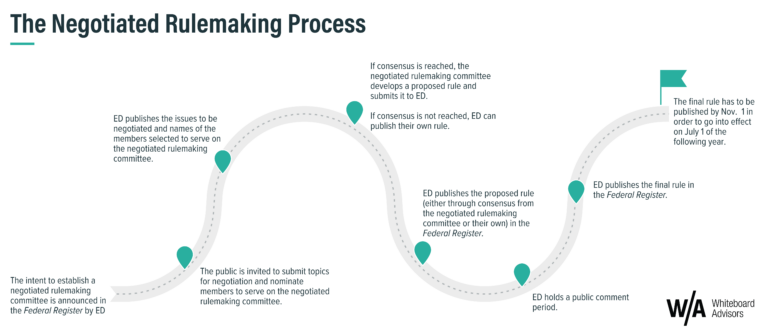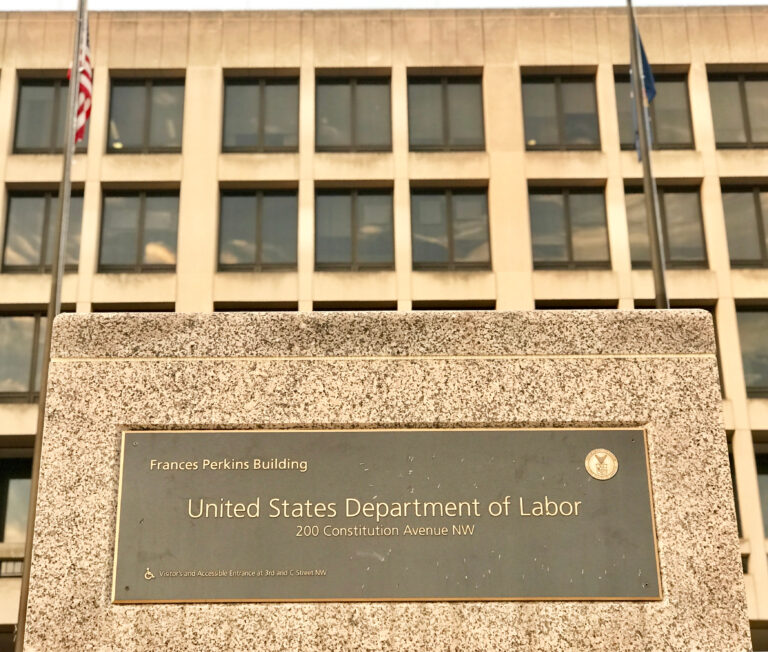Dr. Katy Anthes was appointed Commissioner of Education in December 2016, becoming Colorado’s first female commissioner in 65 years, preceded by the state’s first appointed commissioner in 1950. Dr. Anthes is widely respected for her ability to achieve consensus and bring constituents together in support of all learners. In honor of Women’s History Month, and the impact Dr. Anthes has had on education in the Centennial State, I had the opportunity to talk with her about her role, the issues that keep her up at night and the advice she has for other female education leaders. Dr. Anthes will step down on July 6, 2023 after an esteemed career in education policy in Colorado.
Q: What is one thing the public does not know about the role of the Colorado Commissioner of Education? What would surprise our readers?
A: Your readers would probably be surprised to know that there is a challenging balance between serving as the top education administrator and the influence you may have with policymakers. The public often believes I make the laws – which I do not.
The way education is governed in Colorado means the appointed Commissioner reports to a nine member elected State Board of Education. The Commissioner also must respond to the Legislature and the Governor’s office. That’s a lot of “bosses!” So, while the Commissioner is really an administrator, who supports the 178 school districts as they implement the laws passed by the state Legislature, State Board, and Governor – I really only have influence with all of those policymakers. But I don’t make the laws. All of these parties have differing opinions on how to get from point A to point B, and navigating that dynamic group of stakeholders and policymakers is part of the excitement and challenge of the role.
Q: Tell me about one thing that excites you about the future of education in Colorado.
A: I am really excited about the work we are doing to blur the lines between workforce, work-based learning and postsecondary education. We have so many school districts that are developing really cool pathways in middle and high school that provide students direct experience in careers and the ability to earn meaningful credentials in parallel. This approach shows students the relevance of their learning and it engages and excites them!
We are trying to create a system where high school students can leave their secondary experience with a meaningful credential and career experience. Having a credential in hand, and real-world experience, will save them money and prepare them for their next step in life, while providing our Colorado employers with the workforce they need right away!
Q: What is one education issue that keeps you up at night?
A: I worry about the mental health of our students and the adults in their life. I know people from all backgrounds are struggling right now, coming through the pandemic and many of the other issues that are challenging our communities. It is hard to focus on learning and put in the energy needed to succeed at the highest levels. Our mental health challenges are exacerbated by violence in our communities and near our schools.
Q: Governor Polis recently announced new legislation aimed at improving math scores. Tell us what kind of impact this legislation will have on Colorado’s students.
A: This latest effort is a new approach for Colorado, so I am excited to see what type of impact this legislation has on our learners, educators and schools. The bill, if passed and funded, will provide high quality resources, training and instructional support that are optional for districts to use with math education.
We hope that by providing resources, but without a mandate, that districts can make use of math supports in a way that makes sense to them! I really hope that the research-based instructional resources can help jump start our excitement and support of math instruction. Math is a critical skill. We live in a time in our world where STEM-based fields are SO important for solving the challenges of our communities.
Q: What have you seen as far as the expansion of work-based learning opportunities for high school students in Colorado? What is the role that educators play in preparing students for the careers of tomorrow?
A: Colorado has been focused on, and growing, the integration of work-based learning into our curriculum for several years. Incorporating work-based learning experiences is part of our strategic plan at the Colorado Department of Education, and it is an approach that is not partisan!
Which I love!
Most everyone believes that exposure to careers in high school is great for students and employers, alike. Colorado has dramatically expanded student pathways and work-based learning with early credentialing opportunities in fields such as health care, construction, robotics, and aviation. Now, we need to make sure that ALL students across Colorado have the opportunity to access these early credentialing opportunities.
Q: For Women’s History Month: what advice do you have for women in education – particularly those who aspire to a leadership role: in their school, their district, or the state?
A: I often find that women have a natural affinity toward collaboration. Lean into that! Education is a complex endeavor which takes so much collaboration. While all leaders should lean into collaboration, women should lean into this natural affinity and bring people together to solve complex challenges.
I believe we need to decrease polarization in our country and I think having leaders that know how to bring us together to talk about what matters, students and helping students reach their potential, has never been more critical than it is now. I would also say to all of my female colleagues – you can do these leadership jobs. Sometimes we doubt ourselves about taking on the #1 position– but push through it. I know you can do it! Our students and communities will be better for your commitment.




